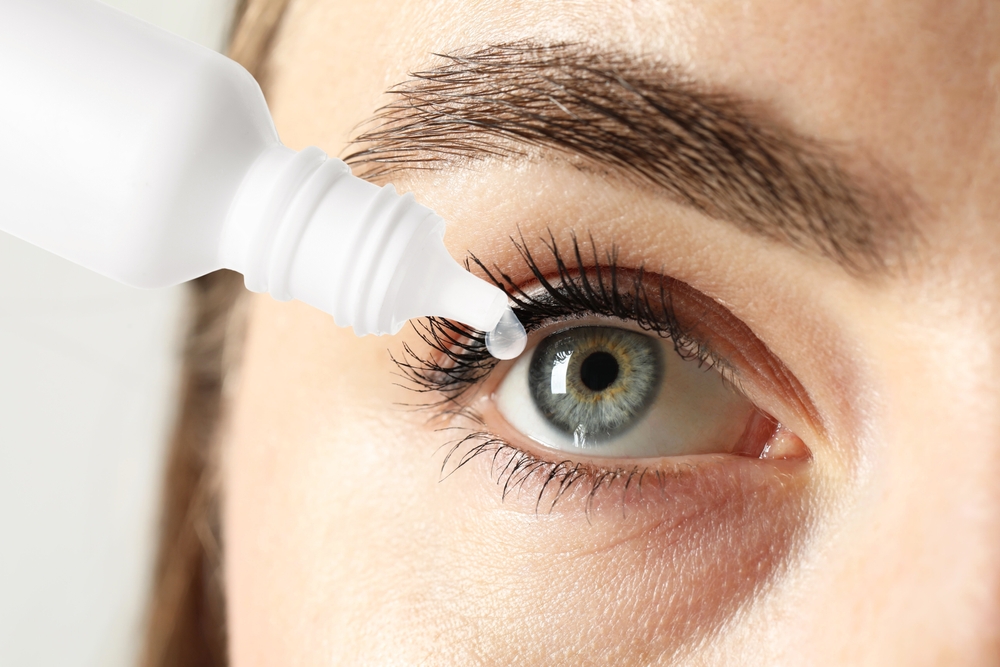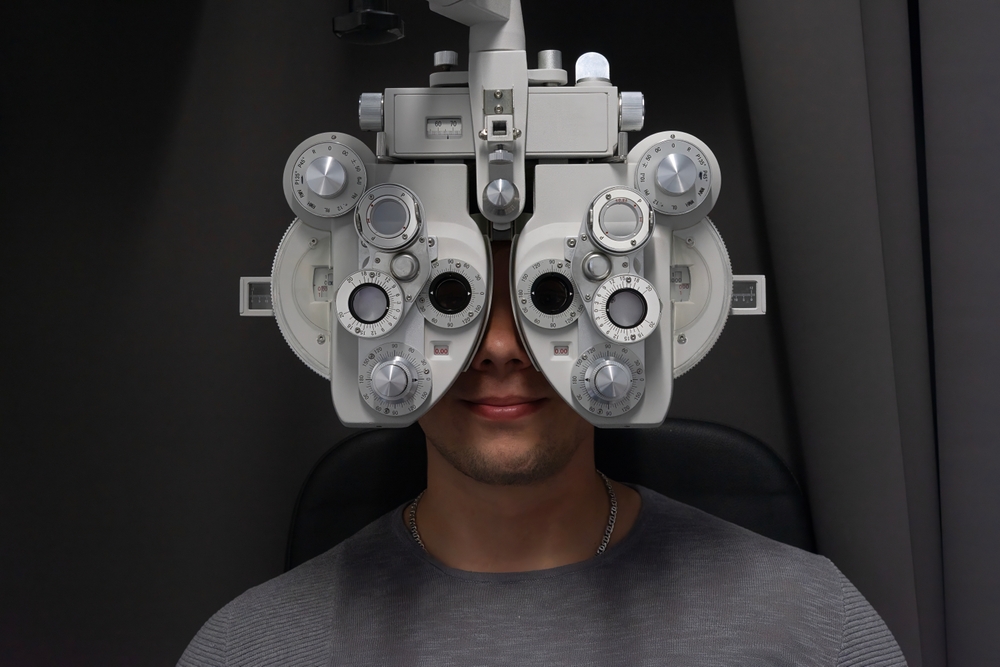Optometry Medical Group Blog
Learn more about optometry care in our blog!

Artificial tears and lubricating eye drops are among the most commonly recommended treatments for dry eye symptoms. Patients often ask, “How often should I use them?” The answer depends on several factors, including the type of eye drop you’re using, the severity of your symptoms, and the underlying cause of your dry eye.

Dry eye syndrome is one of the most common concerns patients bring to our eye doctors in Seattle, WA. Whether symptoms are triggered by long hours on digital devices, environmental factors, aging, or underlying medical conditions, dry eye can disrupt your comfort and clarity throughout the day. At Optometry Medical Group, we offer customized dry eye treatment in Seattle designed to target the root cause of your symptoms.

At Optometry Medical Group, our eye doctors in Seattle, WA help patients navigate the many options available so they can find high-quality eyeglasses that truly meet their needs. Whether you're updating your prescription or exploring new styles, here are the key factors to consider when purchasing eyeglasses.

If you’ve ever tried to schedule an appointment with your eye doctor in Seattle, you may have noticed options for both a medical eye exam and a comprehensive eye exam. Knowing the difference between these exams can help you choose the right type of visit and ensure you’re getting the care and coverage you need.

Myopia is one of the most common vision conditions in children today. It occurs when the eye grows too long or the cornea becomes too curved, causing distant objects to appear blurry. With increasing screen time and reduced outdoor activities, myopia is being diagnosed in children earlier than ever before

Seasonal changes, pollen, dust, and pet dander can trigger uncomfortable eye allergy symptoms such as redness, itching, watering, and swelling. For many individuals in Madison, these symptoms can interfere with daily life.

Choosing the right lenses is about more than just vision correction - it’s also about comfort, convenience, and protecting your eyes in different lighting conditions. For many people, transition lenses provide the perfect balance.

Your vision is one of your most valuable senses, and sudden changes in how you see can be alarming. While some eye symptoms may be harmless, others require urgent care. Knowing when to seek immediate help from your optometrist can protect your eyesight and prevent long-term damage.

Have you noticed more people wearing glasses lately? It’s not just your imagination, myopia, or nearsightedness, is on the rise worldwide, including here in Seattle. As optometrists committed to preserving your eye health, we want to share important insights about this growing trend and how you can take steps to protect your vision.

Regular eye exams are essential for maintaining healthy vision and catching potential issues early. At Optometry Medical Group, we take a thorough and personalized approach to ensure your eyes are well cared for.








